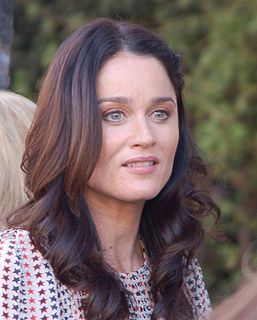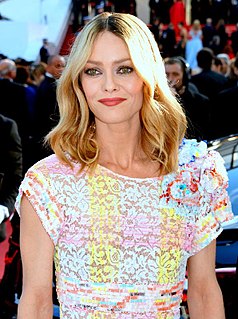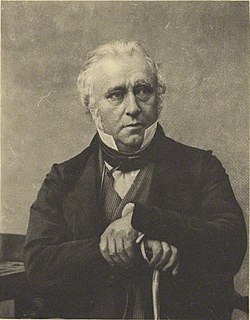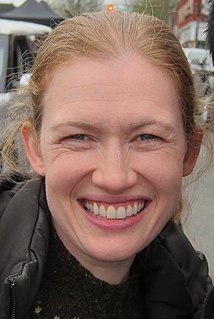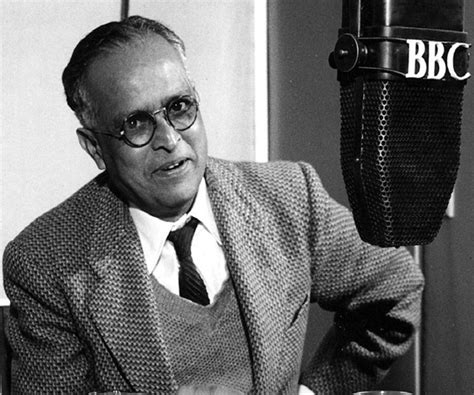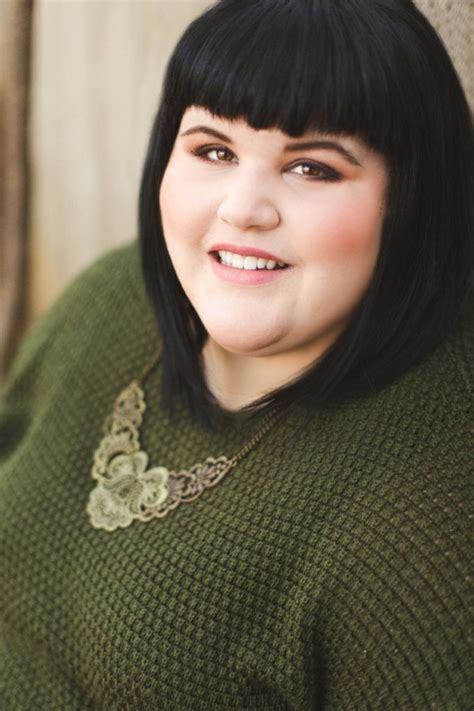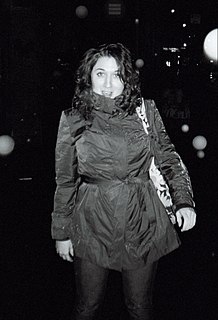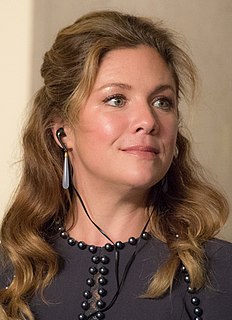A Quote by Robin Tunney
Actors love mental disorders, dialects, and corsets. Give them one of the three and they're happy
Related Quotes
Food is one part. Love is another part. I cut their hair, I give them a shave, I give them bath. For them, to feel psychologically that they are also human beings, there are people to care for them, they have a hand to hold, hope to live. So, the food will give them physical nutrition. The love and affection which you show, will give them mental nutrition.
I think that what's important as a director is to give your actors the feeling that they're protected, the feeling of confidence, the feeling that if they make mistakes, then as a director, you'll know how to help them. If you're able to convey that, then the actors will give you wonderful performances. As well as the author, you have to write scenes that give the actors the opportunity to show what they're capable of.
I’d always heard that when you truly love someone, you’re happy for them as long they’re happy. But that’s a lie. That’s higher-road bullshit. If you love someone so much, why the hell would you be happy to see them with anyone else? I didn’t want the easy kind of love. I wanted the crazy love, the kind of love that created and destroyed all at the same time.
